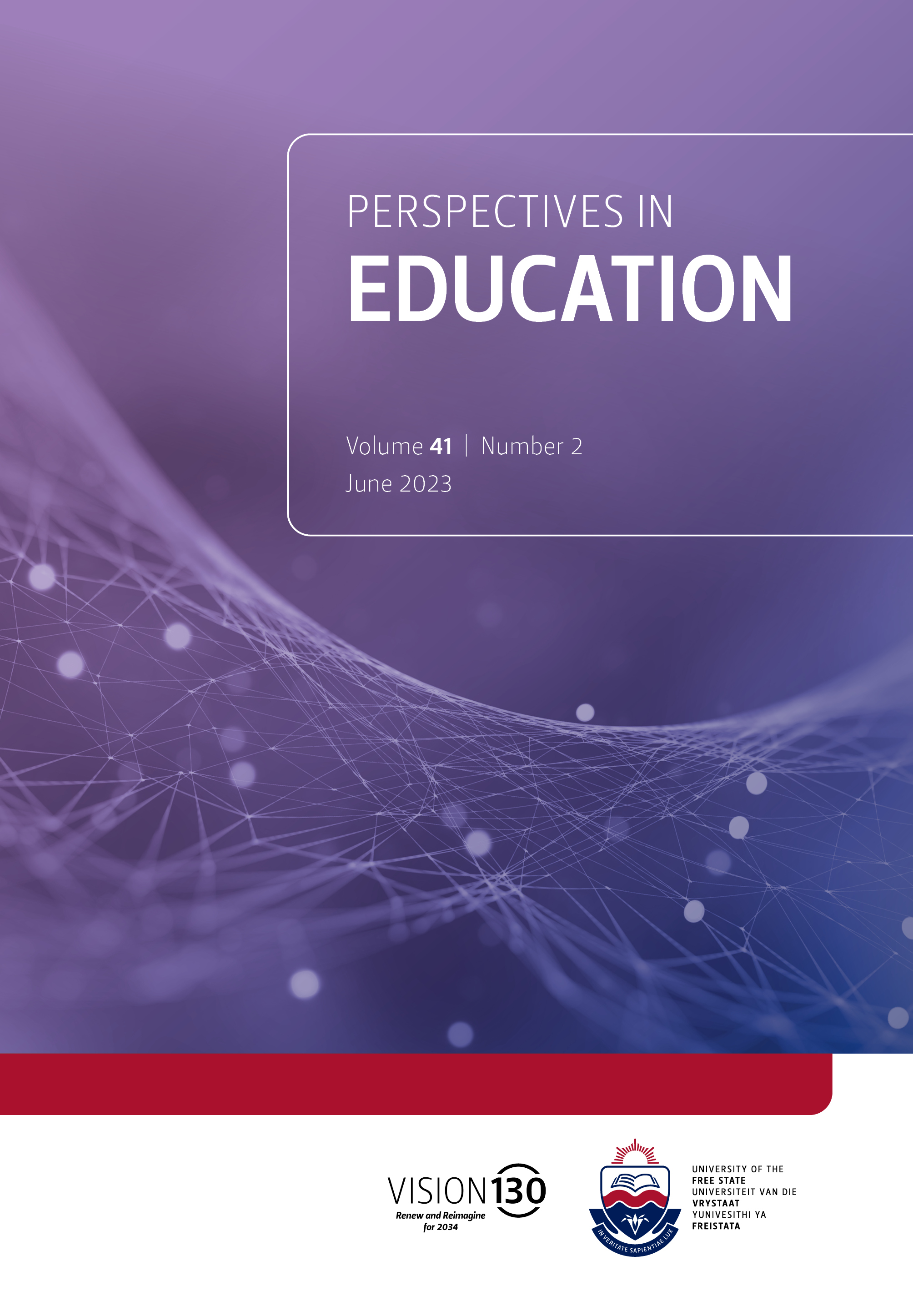A case for deliberate and accommodative design for blended teaching and learning in universities in developing countries
DOI:
https://doi.org/10.38140/pie.v41i2.6863Keywords:
epistemic structure, generics, regions, singulars, Technological Pedagogical Content Knowledge (TPACK), Universal Design for Learning (UDL)Abstract
Since the emergence and development of digital technologies, the internet has quickly emerged as one of the most effective platforms for providing teachers and learners with access to resources for learning and sharing material. Universities in developing countries have limited access to digital technologies. At the few universities
with access to digital technologies, there is arguably a lack of inclusive and accommodative pedagogy. Furthermore, challenges range from accessibility, administration, governance, and general lack of resources to inclusive module design due to inequalities. After the emergence of digital technologies, universities have had the benefit of curating some of their offerings to an ‘E-Learning’ mode, where learners and lecturers interact digitally. The technology part of the ‘blend’ is crucial, as it allows teachers and learners to interact beyond the classroom, form online communities of sharing ideas and debates, and learn according to their pace and environment. However, developing countries seem to be battling the challenge of transitioning from past teaching and learning policies, innovation, and education strategies. Furthermore, there have been several reasonable criticisms of the use of technology in education; some are concerned with the curriculum, knowledge, and pedagogy. Thus, this article caters for some criticisms using the theoretical framework research methodology. This article advocates blended learning and Universal Design for Learning (UDL) integration at universities in developing countries by relying on national and international studies. The UDL principles that this article advocates to be included in module and course design are multiple means of engagement, multiple means of representation, and multiple means of action and expression. Universities in developing countries experience unique challenges ranging from administrative, teaching and learning, and adaptation challenges due to a lack of resources and untrained academics and learners having to navigate the online learning environment.
Downloads
##submission.downloads##
Published
How to Cite
Issue
Section
License
Copyright (c) 2023 Khutso Mnisi

This work is licensed under a Creative Commons Attribution 4.0 International License.





